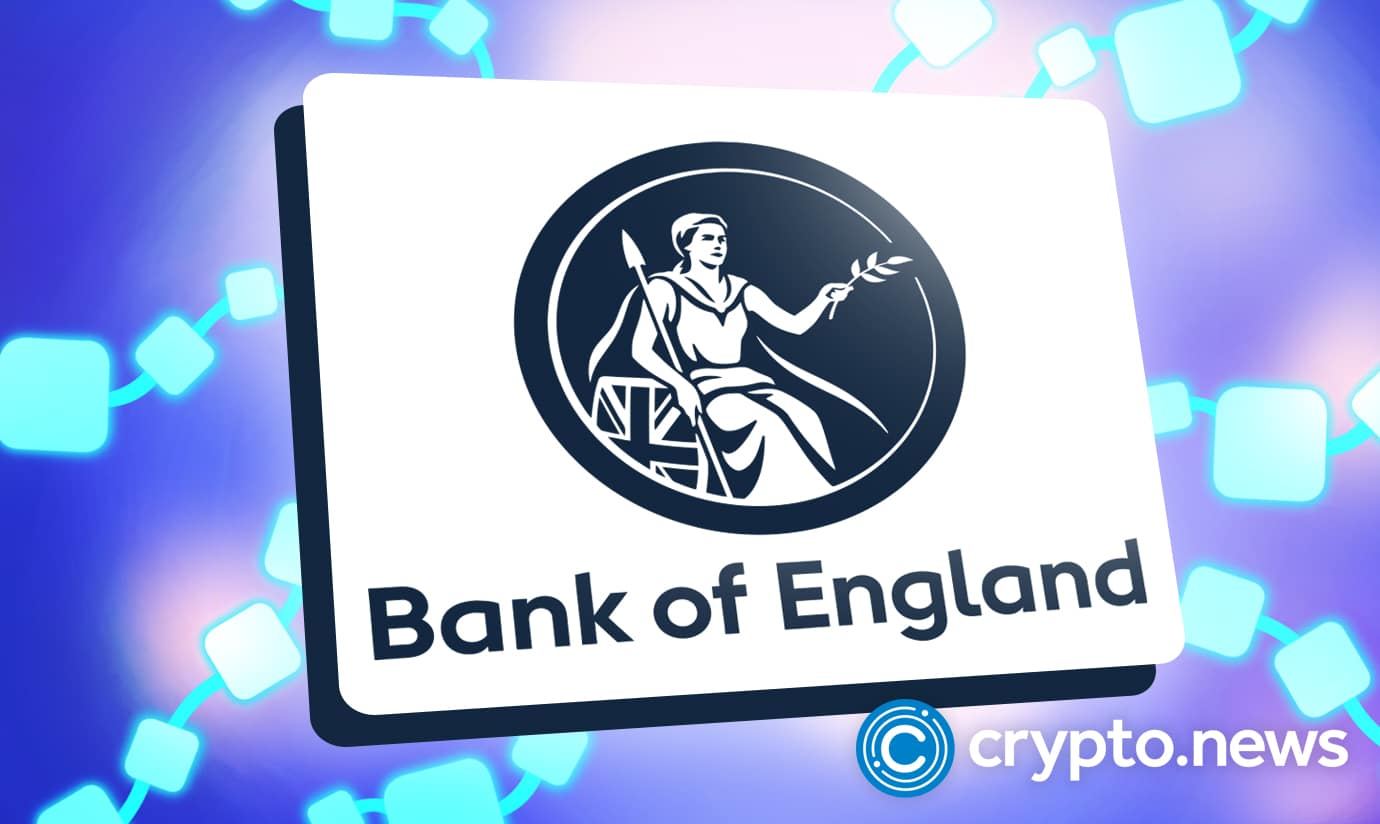Bank of England releases stablecoin regulation plan

The UK is setting new regulations for stablecoins and the wider cryptocurrency market, aiming to enhance financial stability and consumer protection while fostering innovation.
The Bank of England (BOE), working with the Financial Conduct Authority (FCA), is rolling out a plan to manage the stablecoin market—cryptocurrencies that are usually tied to a stable asset like the British pound. This move comes right after the UK government shared its own rules for overseeing digital currencies.
By early 2024, the BOE will start regulating stablecoins that are essential to the payment systems, while the FCA will handle the rest of the crypto market. This decision is part of a bigger picture where the UK, under Prime Minister Rishi Sunak, wants to become a key player in the world of crypto.
The BOE is focusing on stablecoins because they believe these to be less precarious for the financial system compared to other digital money when used in big payment systems. The FCA says that any company that wants to offer stablecoins in the UK will first need to receive approval.
An interesting point in the UK’s plan is that it allows stablecoin companies to make money from the interest or other returns they get from the assets backing their coins.
However, this could raise some eyebrows because if interest rates go up, the companies might profit while the consumers don’t see those benefits—something the regulators are aware could be seen as unfair.
By setting out these rules, the UK is getting in line with other countries like those in the European Union and Japan, which have already made similar rules. This shows a gap with the United States, which hasn’t yet come out with a clear set of regulations for stablecoins and the broader crypto market.












